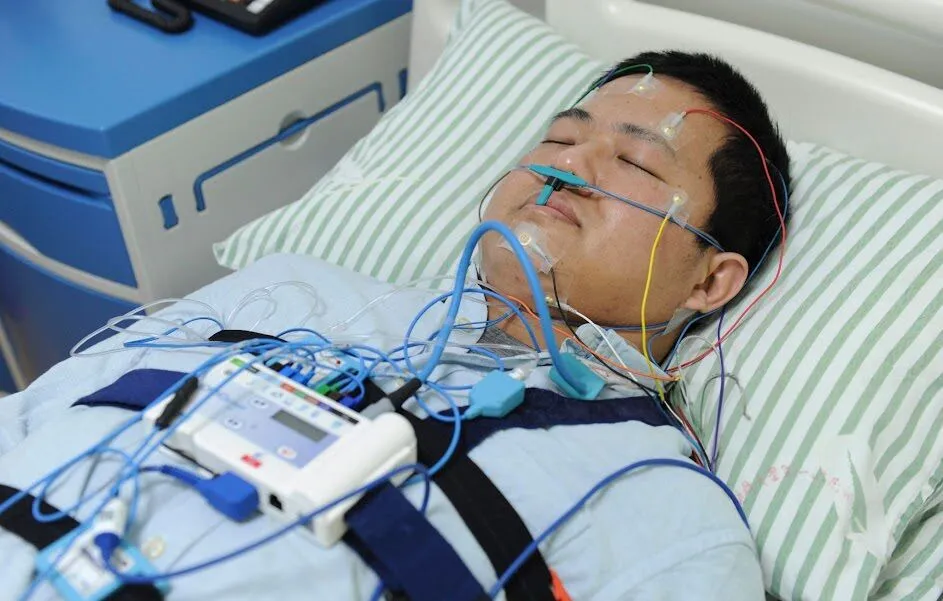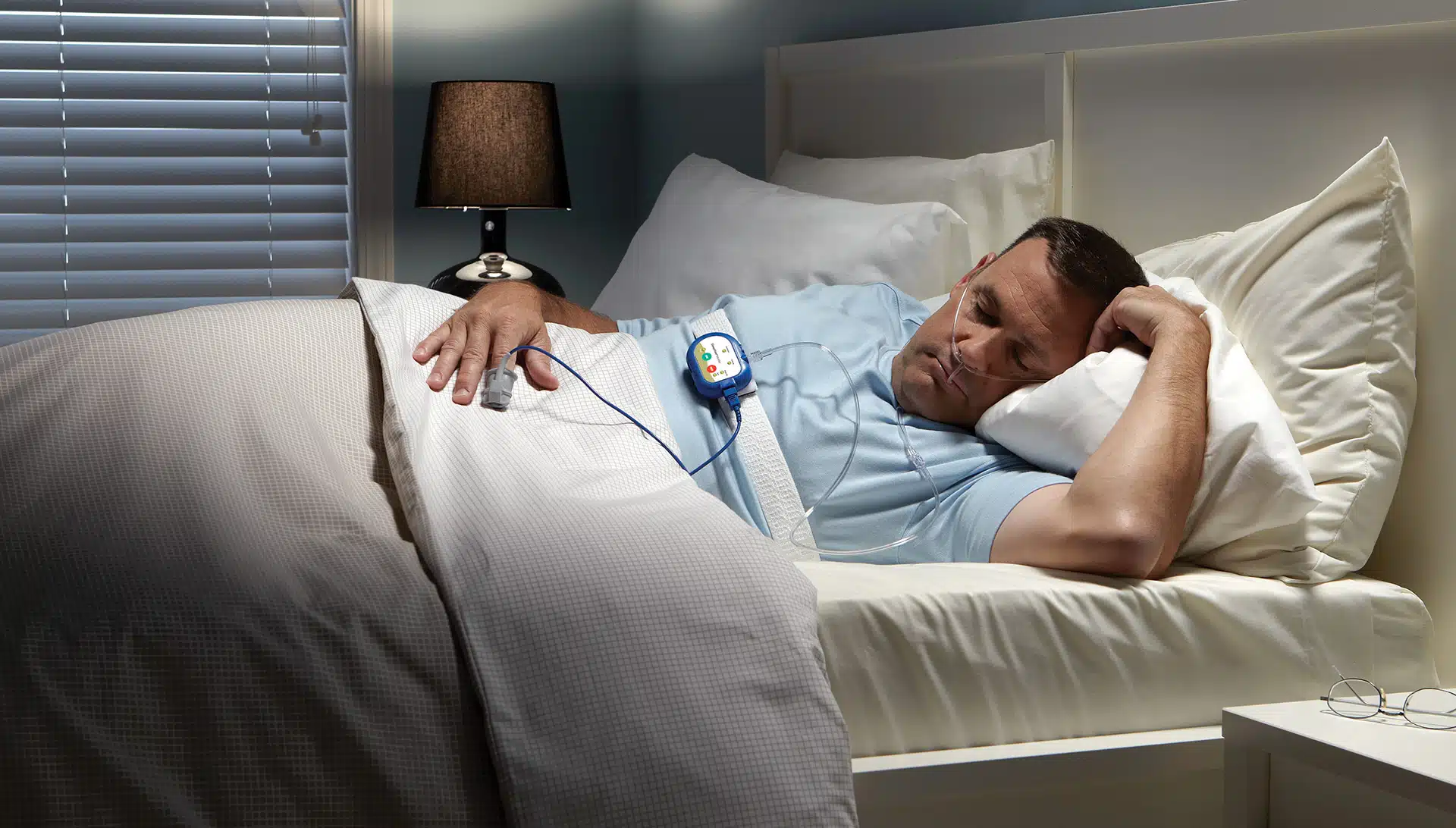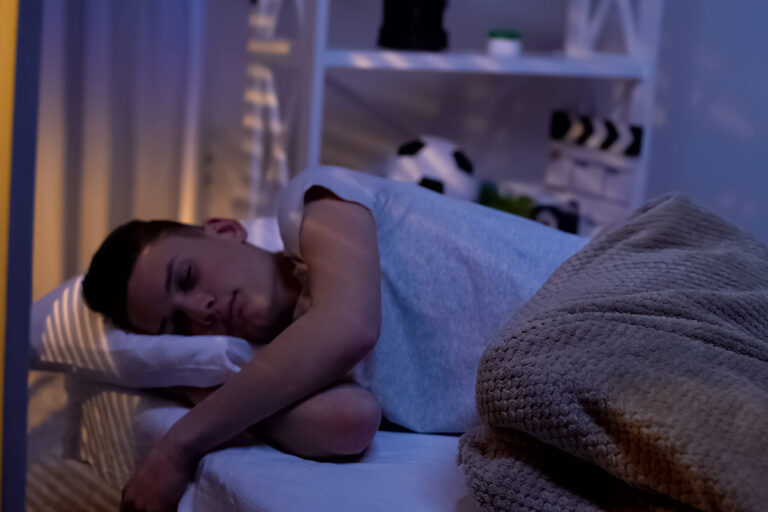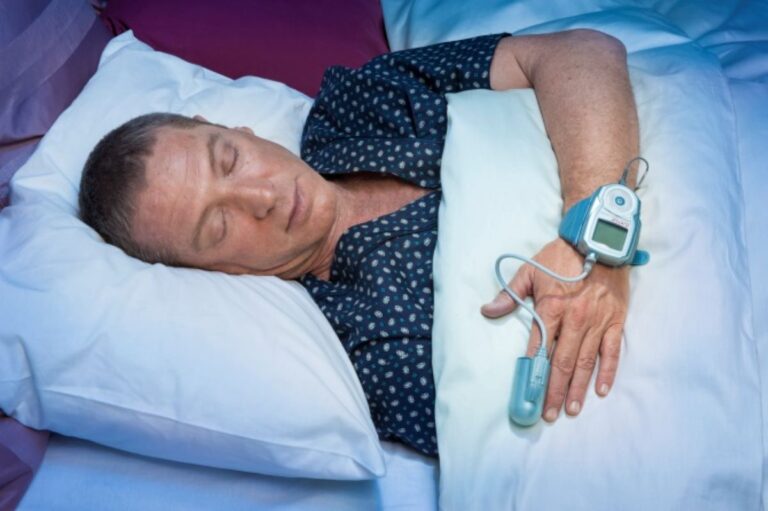Understanding Adelaide Sleep Study Costs: What You’ll Pay and Why
Sleep studies, also known as polysomnography, are essential for diagnosing various sleep disorders, including sleep apnoea, insomnia, and restless leg syndrome. In Adelaide, the costs associated with these studies can vary significantly based on several factors. Understanding what you will pay and why is crucial for anyone considering undergoing a sleep study. This guide aims to provide a comprehensive overview of the costs involved, the factors influencing these costs, and what to expect during the process.
Types of Sleep Studies and Their Costs
In-Lab Sleep Studies
In-lab sleep studies are conducted in a controlled environment, typically at a sleep clinic or hospital. During these studies, patients are monitored overnight, allowing for a thorough assessment of their sleep patterns. The sleep study Adelaide cost can range from AUD 1,000 to AUD 3,000, depending on the facility and the complexity of the study.
Several factors can influence the overall sleep study cost, including the duration of the study, the type of monitoring equipment used, and the expertise of the medical professionals involved. Additionally, some facilities may charge extra for specialised tests, such as those that assess for specific sleep disorders.
Home Sleep Apnoea Tests
Home sleep apnoea tests (HSAT) are an alternative to in-lab studies and are designed for patients suspected of having obstructive sleep apnoea. These tests are typically less expensive, ranging from AUD 300 to AUD 800. They involve the use of portable monitoring devices that patients can use in the comfort of their own homes.
While HSATs are more affordable, they may not provide as comprehensive data as in-lab studies. Therefore, they are generally recommended for patients with a high likelihood of sleep apnoea and fewer complicating factors. The reduced cost reflects the simplicity of the testing process and the limited scope of monitoring.
Factors Influencing Sleep Study Costs
Insurance Coverage
One of the most significant factors affecting the out-of-pocket costs of sleep studies is insurance coverage. Many health insurance plans in Australia cover a portion of the costs associated with sleep studies, particularly if they are deemed medically necessary. However, the extent of coverage can vary widely between insurers and specific policies.
Patients are encouraged to check with their insurance providers to understand their coverage options. In some cases, pre-approval may be required before undergoing a sleep study, which can also impact the overall cost. Understanding your insurance policy can help mitigate unexpected expenses.
Location and Facility Type
The location and type of facility where the sleep study is conducted can significantly influence costs. Major hospitals and specialised sleep clinics in Adelaide may charge higher fees due to their advanced technology and experienced staff. Conversely, smaller clinics or private practices may offer more competitive pricing.
It is advisable to research various facilities and compare their prices, services, and patient reviews. Some clinics may offer package deals or discounts for self-paying patients, which can further reduce costs.
Additional Testing and Follow-Up Consultations
In some cases, additional testing may be required following the initial sleep study. This could include follow-up consultations with a sleep specialist, further diagnostic tests, or treatment options such as CPAP therapy. These additional services can add to the overall cost of the sleep study process.
Patients should inquire about the potential for follow-up costs when scheduling their sleep study. Understanding the complete picture of expenses can help individuals budget more effectively and avoid surprises down the line.
What to Expect During a Sleep Study
Preparation for the Study
Preparing for a sleep study is relatively straightforward. Patients are typically advised to maintain their regular sleep schedule in the days leading up to the study. It is also essential to avoid caffeine and alcohol, as these substances can affect sleep quality.
On the night of the study, patients should arrive at the facility with comfortable sleepwear and any necessary personal items. The staff will explain the procedure and answer any questions to ensure the patient feels at ease. This preparation is crucial for obtaining accurate results from the study.
The Monitoring Process
During an in-lab sleep study, patients will be connected to various sensors that monitor brain activity, heart rate, breathing patterns, and oxygen levels. The monitoring process is non-invasive, and patients are encouraged to sleep as normally as possible. Technicians will be present to assist and ensure that the equipment is functioning correctly throughout the night.
For home sleep apnoea tests, patients will receive a portable device that they will wear while sleeping. Instructions on how to use the device will be provided, and it is essential to follow them closely to ensure accurate data collection.

Interpreting the Results
Understanding Sleep Study Outcomes
After the sleep study, the data collected will be analysed by a qualified sleep specialist. The results will indicate whether a sleep disorder is present and, if so, the severity of the condition. Common diagnoses include obstructive sleep apnoea, central sleep apnoea, and periodic limb movement disorder.
Patients will typically receive a detailed report outlining the findings, along with recommendations for treatment options. Understanding these results is crucial for managing sleep health effectively. Click here to get more about home sleep study in Adelaide.
Next Steps After Diagnosis
Upon receiving a diagnosis, patients may be referred for further treatment, which could include lifestyle changes, the use of CPAP machines, or other therapies. The costs associated with these treatments can vary, and patients should discuss their options with their healthcare provider to determine the best course of action.
It is essential to follow through with recommended treatments to improve sleep quality and overall health. Regular follow-ups with a sleep specialist may also be necessary to monitor progress and make adjustments to treatment plans as needed.
Conclusion
Understanding the costs associated with sleep studies in Adelaide is vital for anyone considering this important diagnostic procedure. By being informed about the types of studies available, the factors influencing costs, and what to expect during the process, patients can make educated decisions regarding their sleep health. Whether opting for an in-lab study or a home test, being proactive about sleep issues can lead to better health outcomes and improved quality of life.




